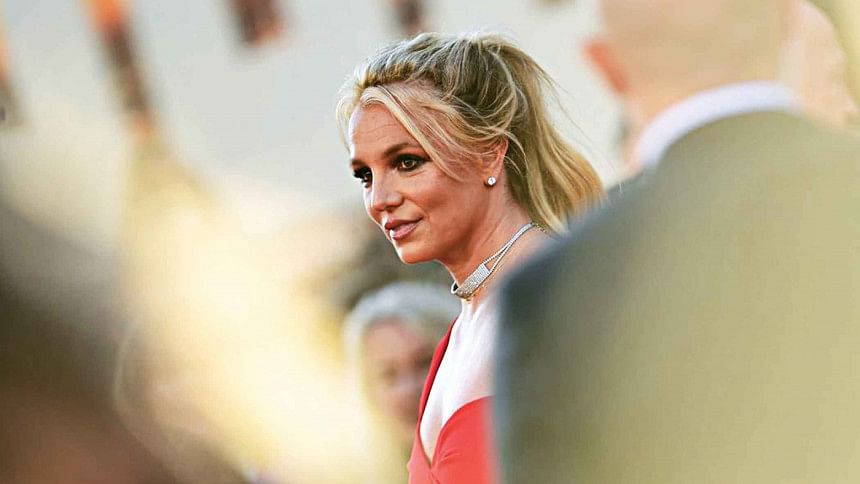Framing the Life of a Pop Star

If you were growing up in the early 2000s, the name Britney Spears should be familiar to you. Perhaps you've even heard of the quote "If Britney survived 2007, you can handle today."
Why is a world-famous popstar going through difficult times, and why should we care? This is what The New York Times Presents: Framing Britney Spears, the Hulu documentary, tries to answer. Throughout its 74-minute runtime, the documentary chronologically depicts Spears's public life, focusing on the ongoing #FreeBritney movement on social media because of her complicated conservatorship case.
Through the lenses of close associates, journalists, lawyers, paparazzi and fans, we see a small-town girl's meteoric rise to fame. Her determined attempts to forge ahead in her career despite the intense scrutiny into her private life followed by a series of pitfalls that the public eye latches onto more greedily than ever, giving an unethical peek into a person's most vulnerable moments. This leads to the infamous conservatorship that still allows Jamie Spears, the pop star's father, to control most aspects of her life.
Framing Britney Spears does more than charting the trajectory of the singer's career. It shines best where it provides commentary on how the media circus, imbibed with good old misogyny, demonises the same female celebrities it luridly obsesses over. The filmmakers' sense of self-awareness is acute in pinpointing the media's flaws, since they themselves are a part of it. This is infuriatingly evident in a scene where a paparazzi expresses no remorse for his contribution to Spears's infamous breakdown in 2007. Speaking of her breakdown, the filmmakers succeed in persuading the audience that the media circus had a significant role in the deterioration of her mental health. They also go on to show that the same media turned Britney into the butt of jokes, when they should have taken accountability. Last but not the least, by addressing Justin Timberlake's relationship with Spears, the documentary sheds light on how male celebrities of the same stature are mostly unscathed by such scrutiny, if they are scrutinised at the same level at all.
While it would be very easy to portray the pop star's life as a melodramatic sob story, the documentary does the commendable job of reminding the viewers repeatedly of Spears's resilience against the entire unjust backlash she has received. For instance, in an archival footage from an interview, a self-assured Spears declares that it's not her responsibility to please everyone, in response to criticisms of her not conforming to society's expectations of what she should be like.
Although the documentary is an excellent investigation of contemporary media's sexism, it would have been better if they had observed the borderline creepy over-analysis of Spears's Instagram posts by her fans through a critical lens. As well-meaning as it is, the filmmakers should have kept in mind that this behaviour might not be in Spears's best interest either.
Overall, Framing Britney Spears tries its best in framing the subject in a way that will hopefully give her the voice she has deserved for so long, and it does a very good job of it.
Adhora Ahmed tries to make her two cats befriend each other, but in vain. Tell her to give up at [email protected]

 For all latest news, follow The Daily Star's Google News channel.
For all latest news, follow The Daily Star's Google News channel. 



Comments